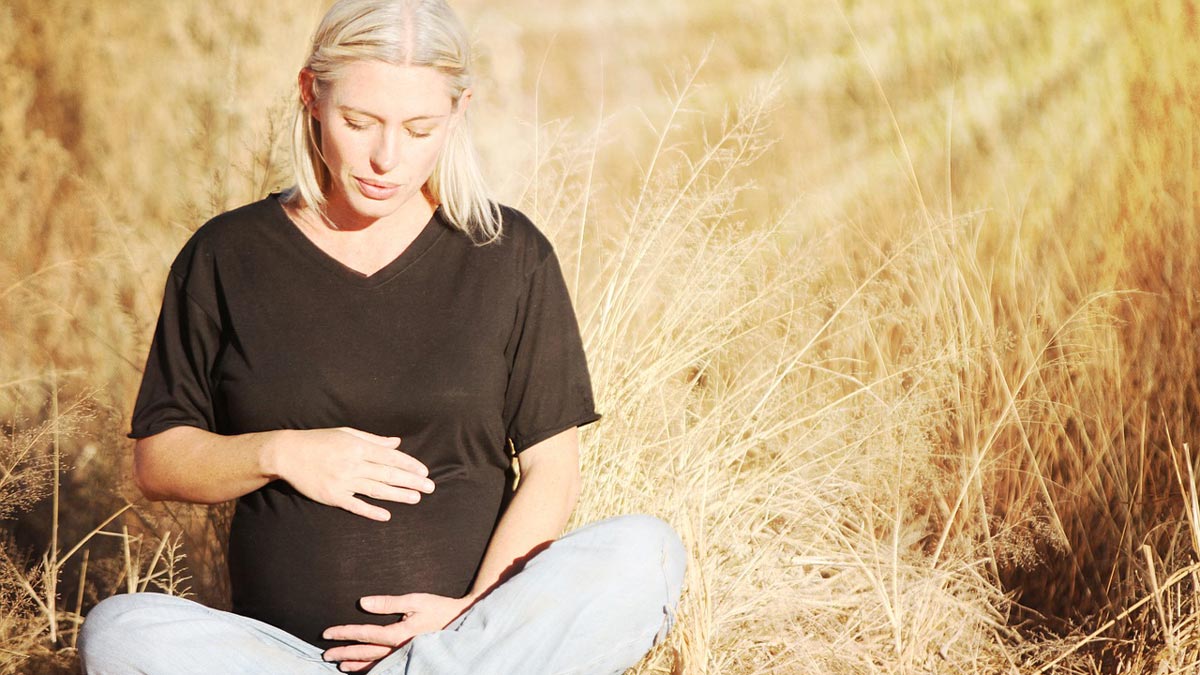While the Finnish Government has said this week, that some restrictions are going to be lifted, the threat of the Covid-19 is still very much real.
The World Health Organization (WHO) and expert scientists, epidemiologists and immunologists like Dr. Anthony Fauci, director of the American National Institute of Allergy and Infectious Diseases (NIAID), have said multiple times recently, that they are expecting more waves of this virus to hit during the next coming months and that, by Autumn, there will likely be a resurgence in numbers of those infected that could be much worse than the one the world is currently trying to deal with.
Partly because, if the second wave does happen, as experts are warning us, it will be around the same time as the flu season which will create an even bigger chaos and strain in the countries health care systems.
Regarding precisely this, the World Health Organization’s regional director in Europe, Hans Kluge just gave a warning to all governments to “remain vigilant, persevere and be patient and ready to ramp up measures as and when needed”. Since the official numbers are at 3.4 million infected, over 239,000 people killed and over 1 million recovered (at the time of writing this article) and with no signs of stopping, this situation is not going away anytime soon.
Pregnant women, a risk group
As we know, Covid 19 is particularly dangerous for people over 60 or with previous health issues, but they are not the only ones affected, as many cases of otherwise healthy people between 20 and 50 are reported to have passed away due to Coronavirus, in recent weeks.
There is, however, another group at risk in the middle of this pandemic that is not talked about much or told what they can do to protect themselves: pregnant women. How can one go to the hospital to do the regular check ups and exams when all this is going on? Are masks and hand sanitizer protection enough? Can, at least, some of the consultations be done by the phone?
In Finland there is hardly any official information specifically directed to pregnant women, at all. According to the Finnish Institute for Health and Welfare (THL) English website, this is because there has not been many reported cases of pregnant women being infected with the Coronavirus, so no further instructions are needed as of yet.
Pregnant women, however, would beg to differ. Even though there are not many cases of pregnant women being sick or passing the virus to the fetuses so far, this is still an issue and a serious fear for expecting women, which only adds anxiety and further concerns at this sensitive time in their lives. It is even more confusing and stressful if the pregnant woman is a foreigner and does not speak Finnish very well or at all.

Transmission to the fetus
However, not all is bad: according to THL.fi “there is no record of the coronavirus being transmitted through the blood from the mother to the unborn child,” so this should come as a bit of relief.
As for precaution measures, according to our sources at the Neuvola services (child health clinics), they are basically the same as for everyone else, with the exception that the women are recommended to go to their appointments alone as a way to avoid crowded waiting rooms and thus a higher risk of spread of the virus.
Understandably, going to an appointment and, especially, going through childbirth alone is far from ideal and a nerve-racking situation but this is the safest option for all involved, especially the pregnant woman and her child.
In case of the appointments being at a hospital - and not at a Neuvola facility - the women are recommended to wear a mask and, in any case, always wash their hands when they arrive and before leaving and use hand sanitizer available at the waiting rooms.
If your baby needs care
It has also been asked of parents of children older than 1 year old to do the normal consultations over the phone or take their children directly to the hospital - and not Neuvola - in case they are sick as a way to protect the children and pregnant women alike; parents of children younger than 1 year old are asked to have only one of the parents accompany the child to the appointments and to only go if they are important like a vaccination appointment, for example.
We were also told, and have personally witnessed, that Neuvola facilities were being constantly disinfected and thoroughly cleaned on a daily basis as a further prevention measure.
The sources consulted told as well that nurses who were transferred from some Neuvola facilities to hospitals, to help with Covid-19 patients, will not be working with pregnant women and children during this time. And the nurses that are at the maternity units are tending to pregnant women and children only, as well, to avoid any further risks.
Like many institutions and situations in Finland, there are the general rules stated by government, followed by everyone but then each facility has the freedom to choose extra sets of rules which may vary from one to another, so we recommend to always ask your local maternity services what specific rules and regulations they have and to follow them.
Unfortunately there is still no treatment or vaccine for the new coronavirus so prevention and caution are the best course of action at the moment.












